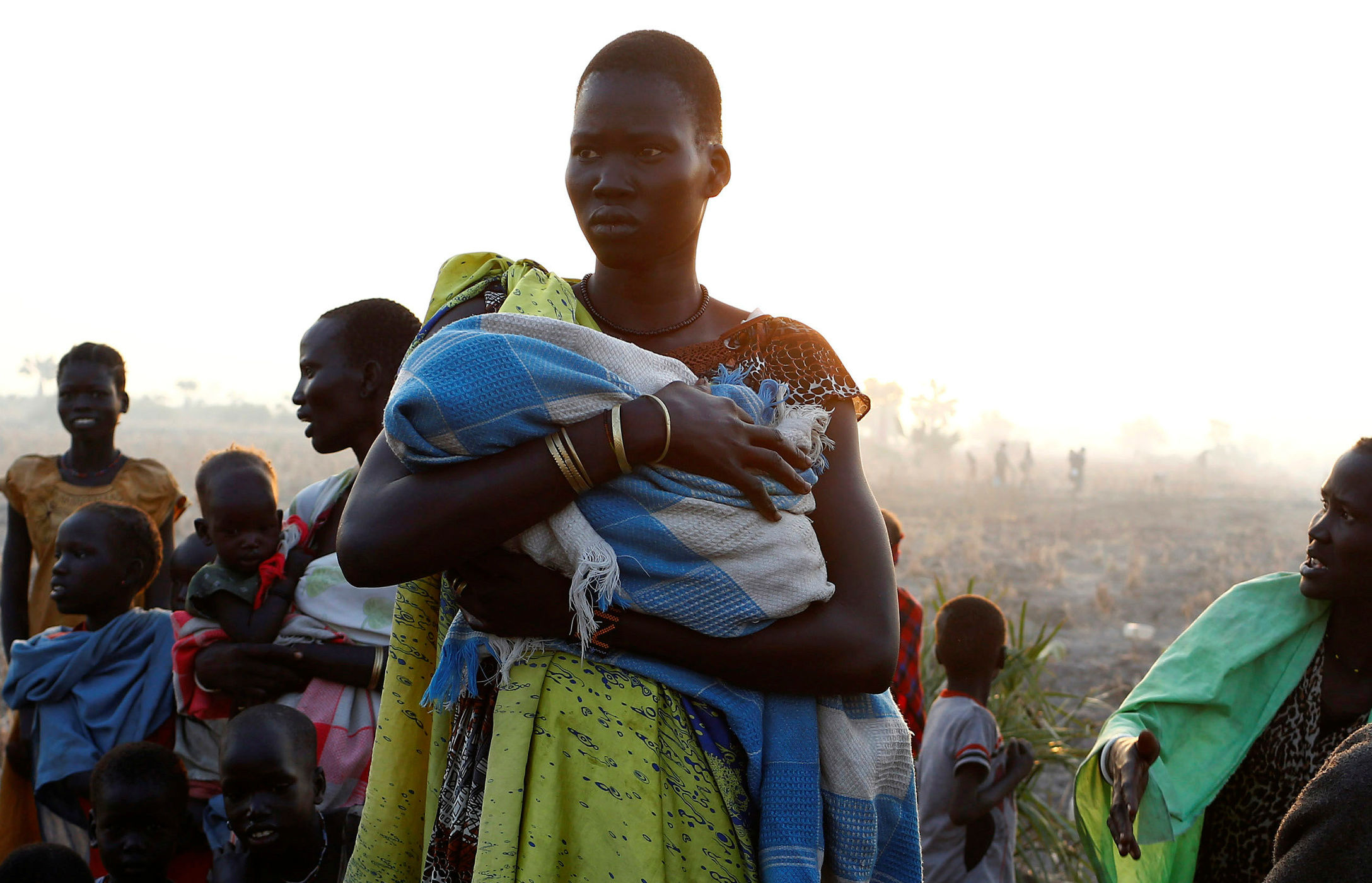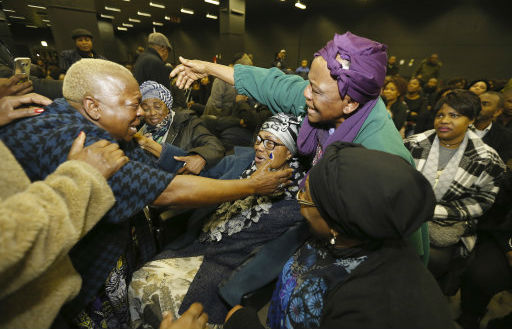Bishops in the Democratic Republic of the Congo (DRC) have criticised the continued obstruction of a peace deal brokered by the church and have urged citizens not to blame Catholics for the deadlock following a spate of attacks on clergy and churches.
In a pastoral letter, the Bishops called on President Kabila’s Government to stop their ‘unrealistic intransigence’ and start implementing the terms of the peace-accord that states that Kabila, who has overstayed his term in office, will step down as President after the next election. The vote will be held before the end of 2017, and a transitional government elected to oversee the transition.
The bishops condemned the deadlock over the planned nomination of a provisional prime minister and government, saying continued inaction had provoked attacks on Catholic clergy and property as people expressed their frustrations and fear.
"The long wait for a peaceful democratic alternative is expressing itself in impatience and tension even toward our bishops' conference, which is only trying to mediate. Recurrent threats and violence are being fuelled by manipulation shamefully directed against the Catholic Church," wrote the bishops in the letter presented at news conference in Kinshasa on 27 February.
Eight Catholic churches in towns across the country and a seminary have been attacked over the past month.
After an arson attack on the Malole Catholic seminary on 18 February, Cardinal Laurent Monsengwo Pasinya, Archbishop of Kinshasa deplored “the alarming security situation”. He complained about “violent thugs, who have sown terror among the Carmelite Sisters” in Kanang. While in the eastern city of Bukavu, the Daughters of the Resurrection - an order of African sisters - closed several convents after the killing of a Franciscan sister, Marie-Claire Kahambu, who was stabbed to death in December 2016 while working at the office of a girl’s training centre in the city centre, reports Vatican radio.
On February 12, around 20 youths attempted to torch St Dominic’s Church, in Limete, west of Kinshasa. They overturned the tabernacle, ransacked the altar and smashed some church benches.
At St Kizito parish in Lubumbashi, cans of gasoline and tires were placed at its entrance and set alight, plus windows smashed here and at the adjacent school, which was also looted. There were other attacks in recent weeks in parishes in Eastern Kasai and Mbuji-Mayi.
The bishops' letter urged President Joseph Kabila to make greater efforts to ensure Congo's security. It also asked Catholics to protect church property and avoid "yielding to provocations, discouragement and fear."
"The bishops' conference is only playing a mediatory role," the letter said. "Faithful to its apostolic mission, it seeks to accompany the Congolese people in putting the accord into practice."
Cardinal Pasinya, Archbishop of Kinshasa, believes the Catholic Church is “being targeted deliberately, in order to sabotage her mission of peace and reconciliation”.
The DRC bishops’ conference launched their mediation bid when protests erupted as President Kabila’s term in office officially ended in early December 2016. By 31 December the church had brokered a deal between Government and opposition that could deliver the country’s first peaceful transfer of power since independence from Belgium in 1960.
However, press reports said the accord's implementation had been left in doubt by the death of opposition leader Etienne Tshisekedi on 1 February who was to have headed a 28-member National Transition Council.
Many observers now fear a return to the brutal civil wars in which an estimated five million people were killed between 1997, when the dictator Mobutu Sese Seko was ousted after a 32-year rule, and 2003.
Congo is rich in natural resources, including diamonds, gold, oil, timber, copper, hydropower, cassiterite and cobalt used in mobile phones. Kabila is widely suspected of extracting millions of dollars for himself and his family from questionable mining deals.
PICTURE: Tshisekedi's widow (C) pictured during a wake for deceased Congolese opposition leader Etienne Tshisekedi in Brussels on 3 February 2017




 Loading ...
Loading ...